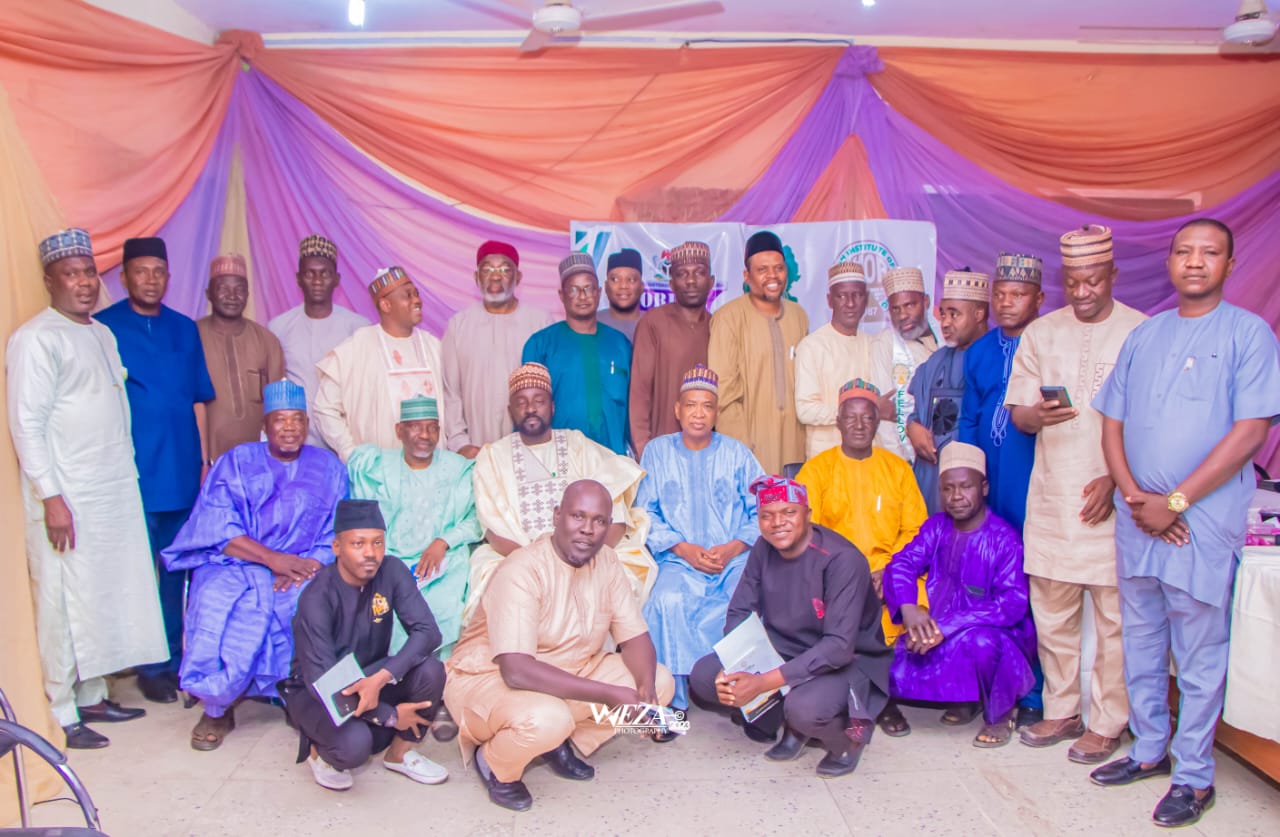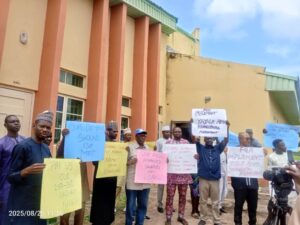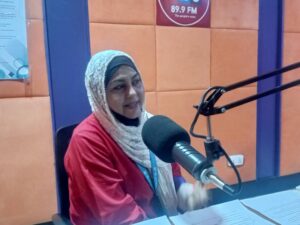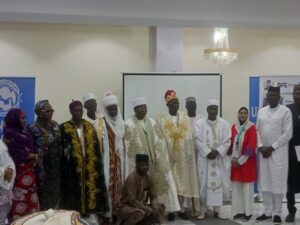
By Usman Abdullahi Koli
The Nigerian Institute of Building (NIOB) and Council of Registered Builders of Nigeria (CORBON) recently organized a zonal retreat for the north east zone in Bauchi. This retreat aimed to address various issues affecting the building profession, including the problem of unqualified individuals practicing (QUACKERY) building collapses, and the need for increased membership.
During the retreat, Bldr. Idris Abubakar Sadiq FNIOB, the second vice president of the institute, emphasized the importance of discussing and reviewing chapter activities to set an agenda for the year 2024. He expressed concern about the prevalence of quackery practice, which has led to building collapses and the loss of lives and properties. Bldr. Idris stressed that the implementation of the National Building Code is crucial in addressing this issue and expressed disappointment at the delay the bill is facing, allowing unqualified individuals to continue constructing substandard buildings.
Bldr. Dr. Napoleon D. Usman FNIOB, the immediate past registrar of the NIOB and also the current Chairman Education and Examination Committee commented on the fact that the work of builders has been taken over by other professionals in the built environment. This lack of synergy and unity between builders and other professionals can only be resolved through the implementation of the National Building Code.
During the retreat, Bldr. Mohammed Danlami Garba FNIOB the immediate past chairman NIOB Bauchi Chapter and Hon. Bldr. Saidu Suleiman Darazo, discussed the development of the profession, government programs and policies, and the importance of mentoring younger professionals. They also emphasized the need for sanctions against those who do not adhere to professional conduct and the importance of engaging the national assembly to ensure the implementation of the building code and promote synergy between the two building bodies.
In his goodwill address during the occasion, the host and chairman of the Bauchi State Chapter of the Nigerian Institute of Building, Bldr. Zailani Yusuf, tasked members of various chapters to be active and fully engage themselves in all affairs of the institute. He urged them not to only allow the executive officers to be at the forefront, but rather to engage themselves, as this will lead to better results.
The retreat brought together members and stakeholders from the academia, private and public sectors, and politics across the six states of the northeast zone. The participants discussed various topics, including the passage of the state urban development law, and reached resolutions to address the challenges facing the building profession.
The Nigerian Institute of Building (NIOB) and Council of Registered Builders of Nigeria (CORBON) stakeholders recently organized a zonal retreat for the north east zone in Bauchi. The retreat aimed to address various issues affecting the building profession, including the problem of unqualified individuals practicing (QUACKERY), and the need for increased membership enrollment.
In his well come remarks, Bldr. Prof. Usman Sani Kunya FNIOB expressed gratitude to the organizers for hosting the event in Bauchi at the ATBU. He added that the state chapter’s will take the lead in ensuring the full implementation of the resolutions of the retreat, informed the stakeholders that the University VC is a Honary Fellow of the NIOB . He therefore called on the stakeholders to feel free and contribute for the success of the retreat.
Bldr. Idris Abubakar Sadiq FNIOB, the second vice president of the institute, gave highlights on the objectives of the retreat as to promotes unity and excellent services among others,
emphasized the importance of reviewing chapter activities to set agenda for the year 2024. He expressed concern about the prevalence of quackery practice, which has led to significant consequences to the industry and the economy. The second VP stressed that implementation of the National Building Code is crucial in addressing the industry challenges and expressed his dissatisfaction on the delay on the passage of bill on urban law at states especially in the north east zone, he called on the state chapter’s to be pro active and collaborate with their respective Governor’s to sponsor as an executive bill for speedy passage.
Further called on all Builder’s to take advantage of their practice documents and provide their services deligently as empowered the law.
He called on Government at all levels to pay attention to the industry as a way of improving the country’s economy.
Bldr. Dr. Napoleon D. Usman FNIOB, the immediate past registrar of the NIOB and also the current Chairman Education and Examination Committee commented on the fact that the work of builders has been taken over by other professionals in the built environment. This lack of synergy and unity between builders and other professionals can only be resolved through the implementation of the National Building Code.
During the retreat, Bldr. Mohammed Danlami Garba FNIOB the immediate past chairman NIOB Bauchi Chapter and Hon. Bldr. Saidu Suleiman Darazo, discussed the development of the profession, government programs and policies, and the importance of mentoring younger professionals. They also emphasized the need for sanctions against those who do not adhere to professional conduct and the importance of engaging the national assembly to ensure the implementation of the building code and promote synergy between the two building bodies.
In his goodwill address during the occasion, the host and chairman of the Bauchi State Chapter of the Nigerian Institute of Building, Bldr. Zailani Yusuf, tasked members of various chapters to be active and fully engage themselves in all affairs of the institute. He urged them not to only allow the executive officers to be at the forefront, but rather to engage themselves, as this will lead to better results.
The retreat brought together members and stakeholders from the academia, private and public sectors, and politics across the six states of the northeast zone. The participants discussed various topics, including the passage of the state urban development law, and reached resolutions to address the challenges facing the building profession.


